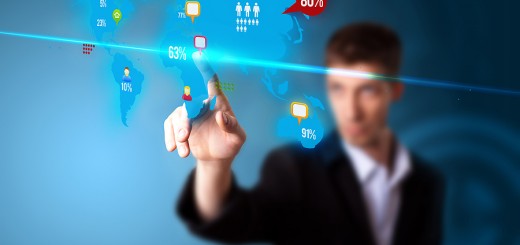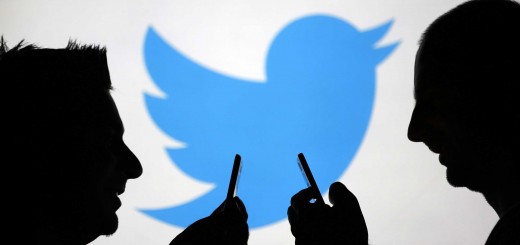mobileStorm CEO: mHealth Apps Must Be Personalized, Engaging, and Irresistible
 If health apps were more engaging and more fun, consumers would start using them “in a heartbeat.”
If health apps were more engaging and more fun, consumers would start using them “in a heartbeat.”
That was one of the conclusions of a panel of prominent speakers at the recent mHealth + Telehealth World 2014 conference in Boston.
While big data is revolutionizing healthcare, said Jared Reitzin, CEO and owner of mobileStorm, strategies borrowed from the gaming industry could motivate healthy behaviors in consumers.
The apps need to be personalized, engaging, and irresistible. But we’re not there yet, suggested Reitzin.
“The poor design of many apps is a really big problem,” Reitzin noted. “Healthcare needs to strive for simplicity in a way that Apple did under Steve Jobs. We need to bring healthcare closer to Silicon Valley.”
Just because the issue is healthcare and wellness doesn’t mean the apps must be arduous or boring.
“If consumers find engaging with healthcare apps is difficult or dull, they’ll opt out,” Reitzin added.
What other issues loom large?
Data accessibility is paramount, which will require a national network of linked health information that is buttressed by strong authentication and transparency protocols.
“We have to be a paragon of integrity and not break trust,” he emphasized.
Other panelists agreed.
“Trust begins by establishing with patients that in many ways, the paper record actually is less secure than EHRs,” said Mansur Hasib, DSc, a cybersecurity faculty member at Capitol College and a former CIO at Baltimore City Health Department.
Paper records are actually less secure — they cannot be encrypted or protected from damage, he noted. If an unauthorized party did view a digital record, “we’d know who saw it and how long they saw it,” Hasib said.
Digital data that’s accessible to patients basically transfers ownership to consumers, he suggested.



